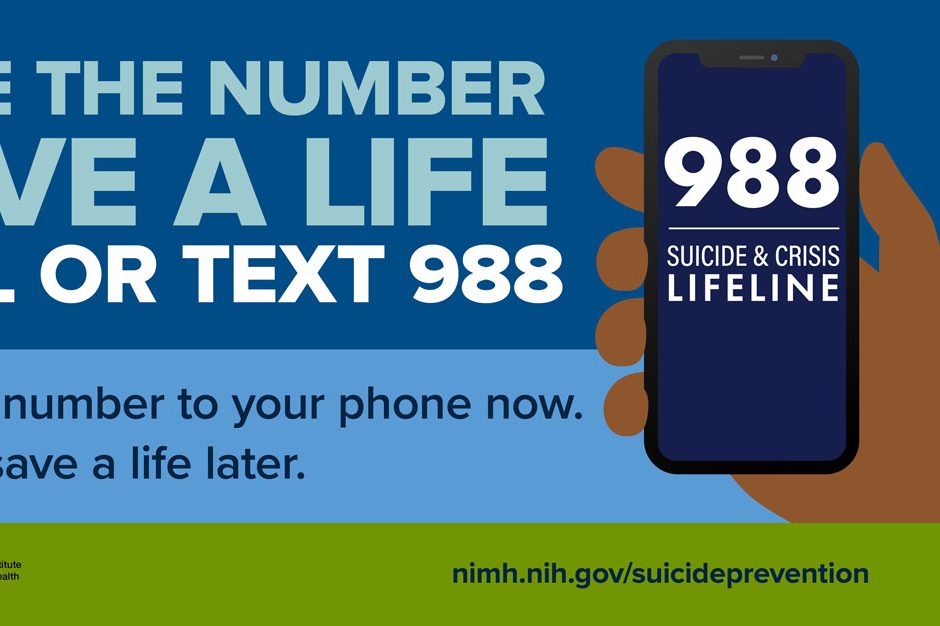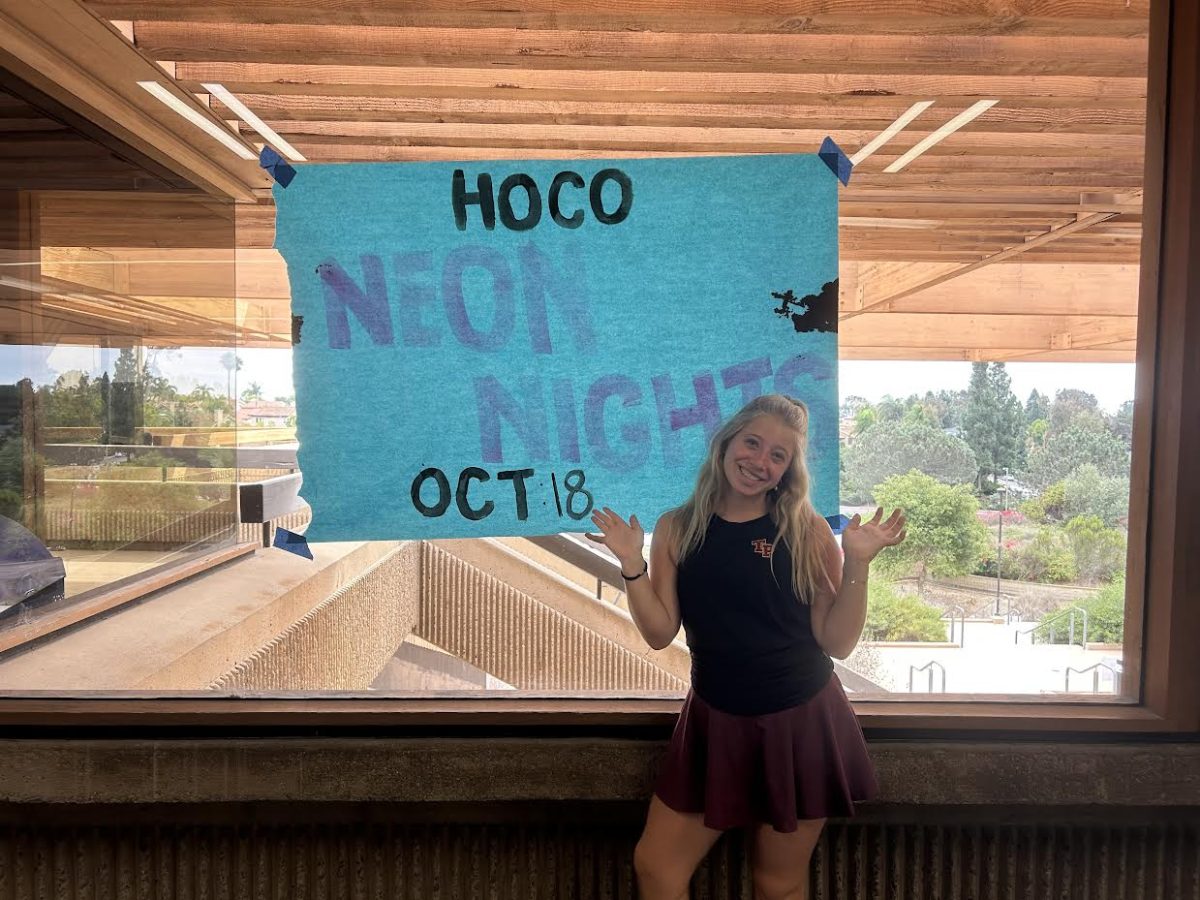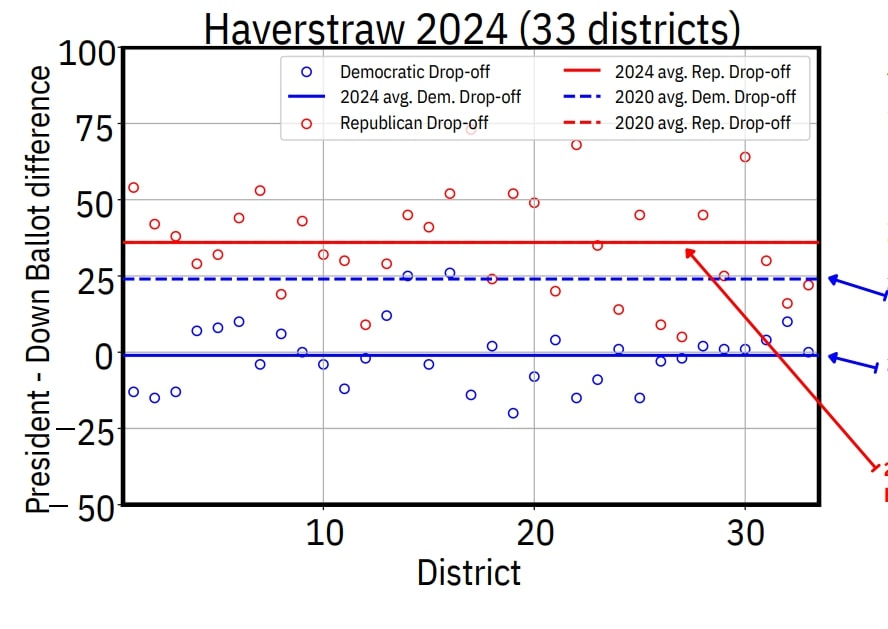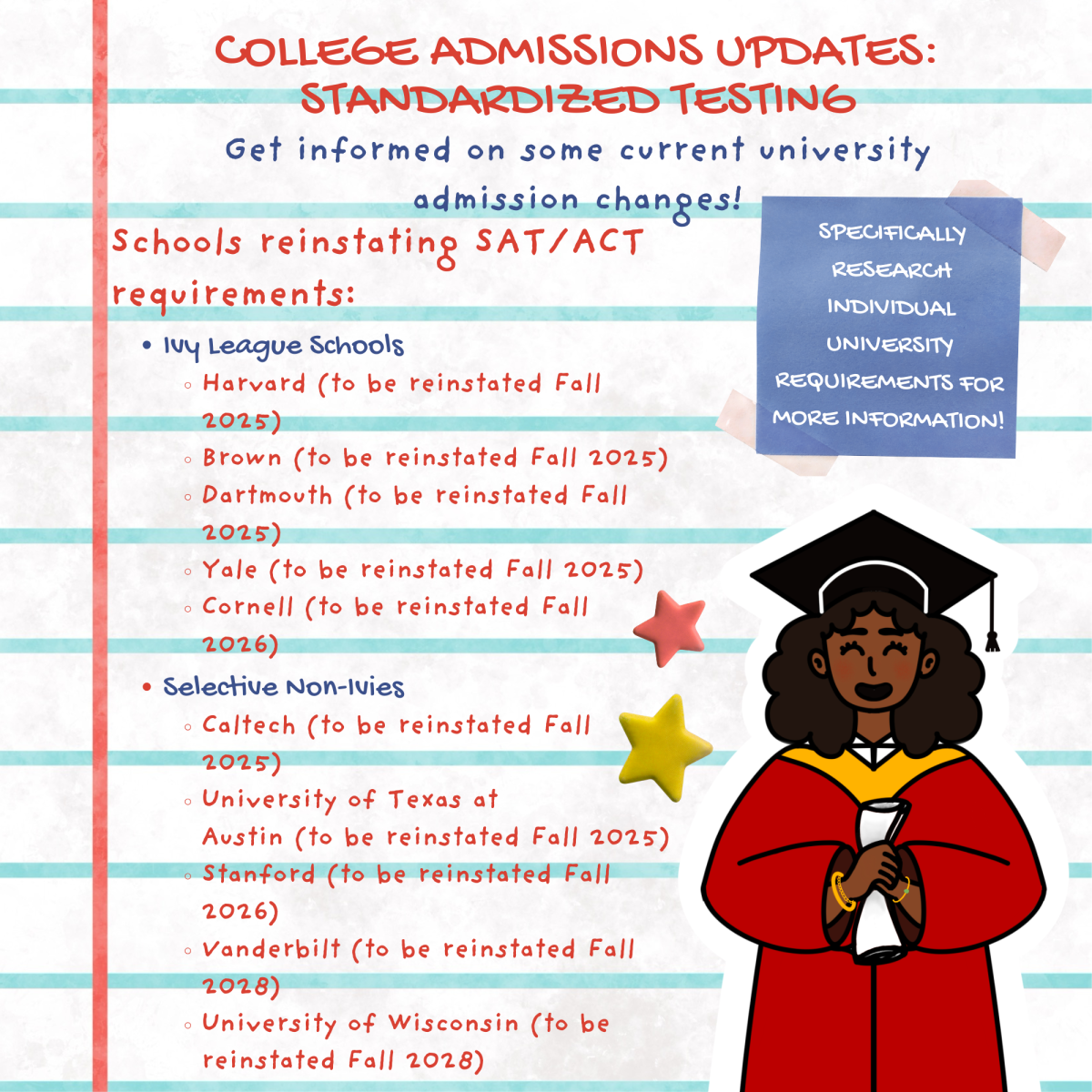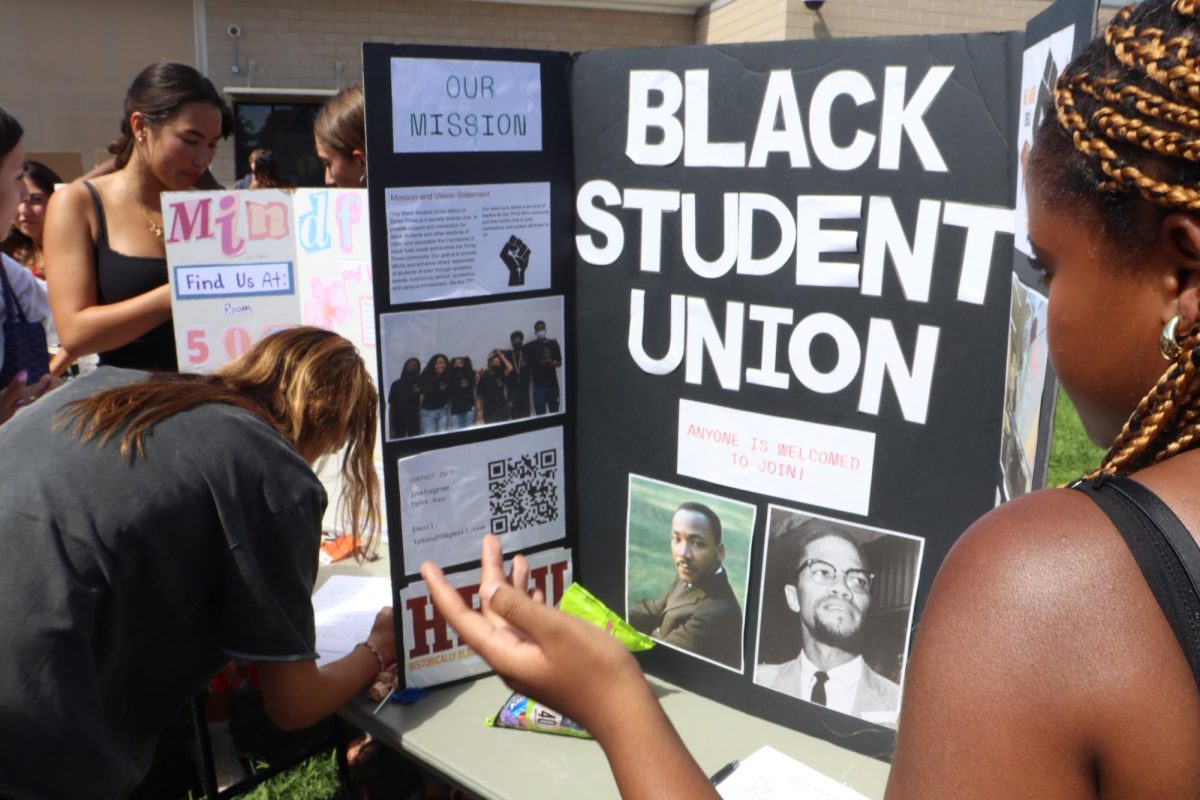Many individuals turn to crisis hotlines for support as mental health awareness continues to grow. However, with recent changes, knowing what help is available, and how to access these hotlines, is crucial for safety nationwide.
On July 17, the U.S. government discontinued the LGBTQ+ youth-specific line. This was a branch within the 988 Suicide and Crisis Lifeline that existed to connect young LGBTQ+ callers to counselors with specialized training in that field of experience. This elimination was spurred by the removal of this crisis line extension from the 2026 federal budget. Government officials explained the move as an attempt to unify services; however, mental health advocates such as The Trevor Project, a non-profit suicide prevention organization that provides crisis support, criticized this change, warning that vulnerable youth may lose access to identity-affirming support.
However, there is pushback on this elimination by various states, including California, which announced plans to train 988 operators in LGBTQ+ competency. Other states, like Illinois, pledged to continue providing 988 services, including specialized support for the LGBTQ+ community, despite federal cuts. There are also attempts to reverse this legislation with a proposed bill in Congress aiming to reinstate this division.
Despite these changes, most hotlines and support systems remain intact. Such systems include the 988 Suicide and Crisis Lifeline, which is available 24/7 and allows those in crisis to call or text for support. Additionally, The Trevor Project operates its own 24/7 lifeline, offering specific support for the LGBTQ+ community that is available via text, chat or phone.
With the disappearance of a dedicated LGBTQ+ option within the 988 hotline, conversations are arising about whether specialized support of “simplified” services is better for helping those in crisis. For students and community members, whether one is struggling with stress, identity, safety concerns or loneliness, help is still out there.
Support Crisis Hotlines:
CDC National HIV and AIDS Hotline
(800) 232-4636
Childhelp National Child Abuse Hotline
(800) 422-4453
Crisis Text Line
Text HOME to 741741
The Trevor Project
Call 1-866-488-7386, text START to 678678, or use TrevorProject.org chat
Disaster Distress Helpline Videophone for American Sign Language Users (PDF, 180KB)
National Domestic Violence Hotline
(800) 799-7233
National Grad Crisis Line
(877) 472-3457
National Sexual Assault Hotline
(800) 656-4673
National Suicide and Crisis Lifeline
988
National Suicide and Crisis Lifeline (options for deaf and hard of hearing)
For TTY Users: Use your preferred relay service or dial 711 then 988
Chat online
Veterans Crisis Line
988, then press 1
Text 838255
Chat online


